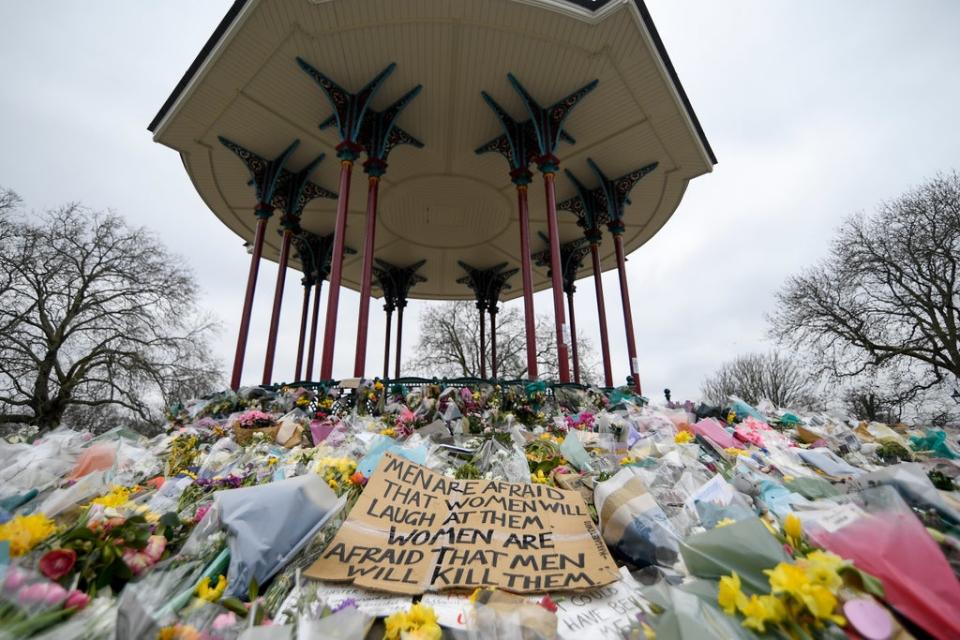Police chief appointed to tackle violence against women and girls

A senior police chief has been appointed to lead the fight against violence towards women and girls across England and Wales.
The appointment of Deputy Chief Constable of Hampshire Police, Maggie Blyth, follows a recommendation from a report conducted after the murder of 33-year-old Sarah Everard in March.
The role will involve agreeing and delivering new police strategy that will focus on interventions to prevent violence, target perpetrators and help victims achieve justice.
Ms Blyth, whose law enforcement career spans 30 years, said“everyone has the right to feel safe, wherever they are, but as a mother, daughter, and sister I know this often isn’t the reality for women and girls.”
She said she is committed to “reducing harm and vulnerability” and improving the lives of women and girls.

The new police lead has previously worked on the leadership of the Youth Justice Board as well as working in local government child protection for a decade including high profile child sexual exploitation and domestic homicide operations, the NPCC said.
She joined Hampshire Constabulary as a superintendent in 2016, being promoted to Assistant Chief Constable in May 2019.
Jamie Klingler, co-founder of Reclaim These Streets, a campaign group to end harassment against women and girls and also organisers of Sarah Everard’s Clapham Common vigil, wished the police chief success in the new role and hoped the appointment would come with authority to adequately tackle issues of “misogyny and racism” toward women.
“We hope the role comes with the decision making power and budgets needed to make the necessary crucial changes to make women and girls safer,” she said.
Ms Klingler, whose team was not involved in the selection process, also said her team would contact the new police chief to offer help and share ideas.
Rose Caldwell, CEO of Plan UK, a charity promoting equality for girls, told The Independent that whilst efforts to tackle violence against women and girls are welcome, “the police cannot enforce laws that do not exist.”
Ms Caldwell is urging the government to conduct a review of the law.
“Public sexual harassment is a form of violence against women and girls that is having a daily impact on their lives. Yet current legislation is piecemeal and completely inadequate to protect them,” she said.
The 33-year-old marketing executive disappeared in South London on 3 March as she was walking home from Clapham Common after seeing a friend in the area. Former Metropolitan Police officer, Wayne Couzens pleaded guilty to the rape, murder and kidnap of Ms Everard.
A vigil held for the 33-year-old victim resulted in a controversial police response that led to several mourners being arrested for breaching coronavirus restrictions.
Home Secretary, Priti Patel, said part of the strategy to tackle violence against women and girls is “ensuring the police have the powers and resources” to bring offenders to justice.
“Deputy Chief Constable Maggie Blyth will bring together the incredible work of police officers around the country and help drive real and lasting change as we work to stamp out these abhorrent crimes.”
Read More
Britain joins defence pact with Australia and US to curb China
High Court to notify Prince Andrew of US civil proceedings
British woman could have Cyprus rape claim conviction quashed, lawyers say
No criminal probe into Princess Diana’s BBC Panorama interview, police say
Father of man who died in Michael Barrymore’s pool dies without seeing justice
Home Office facing legal action over ‘unfair’ asylum dispersal system

 Yahoo News
Yahoo News 